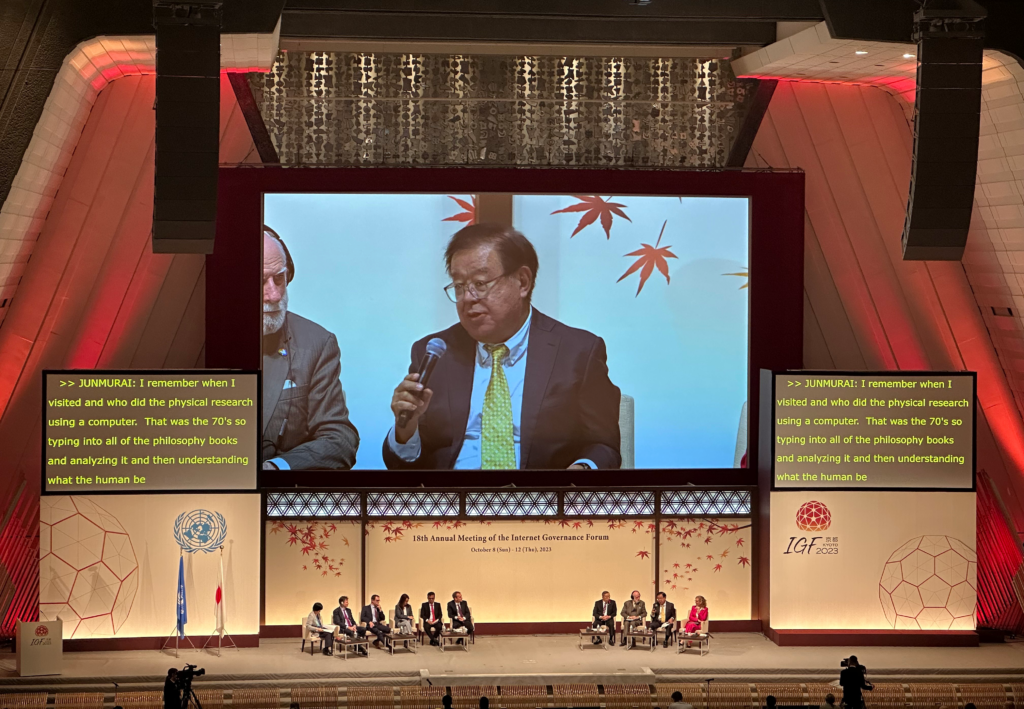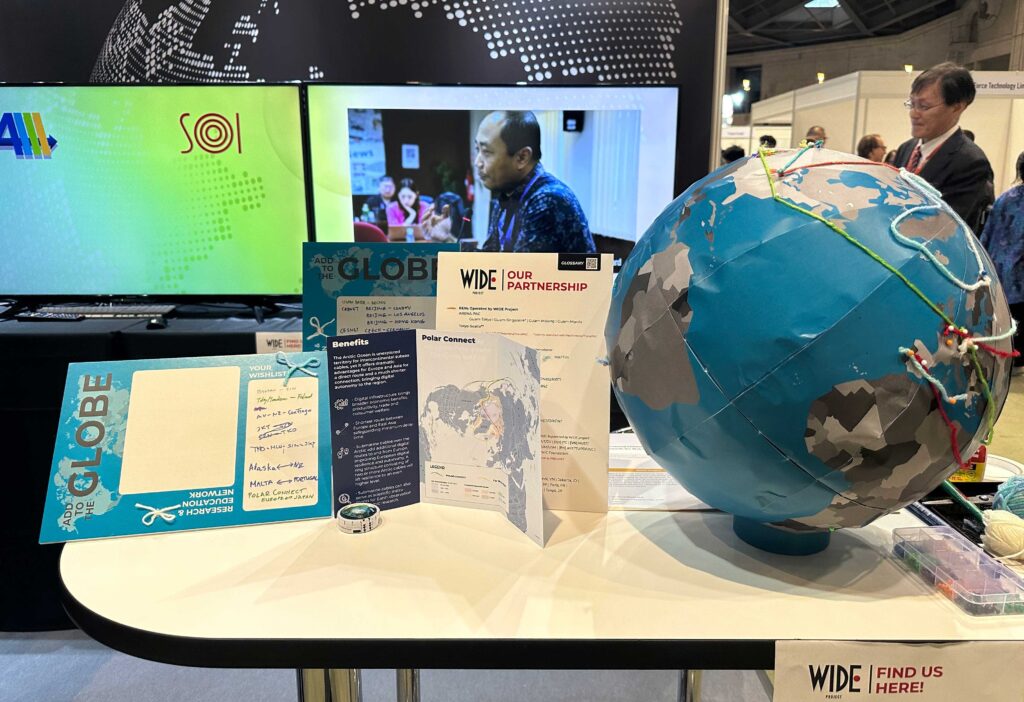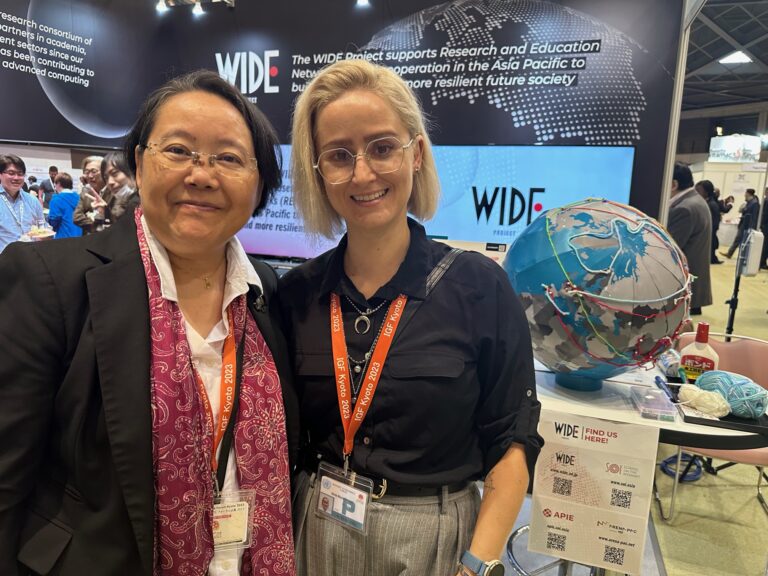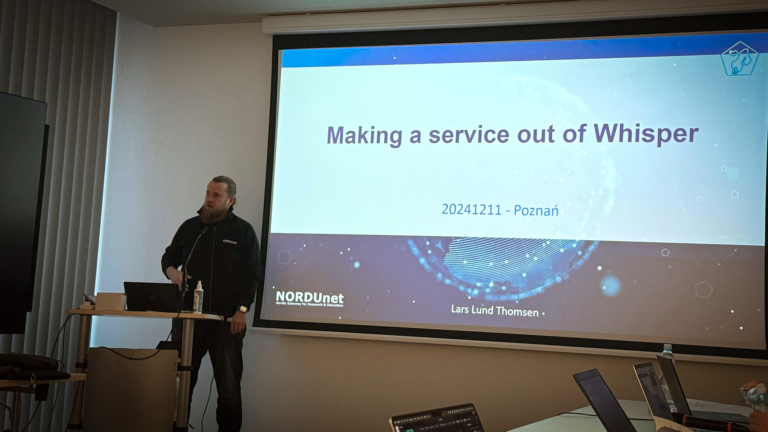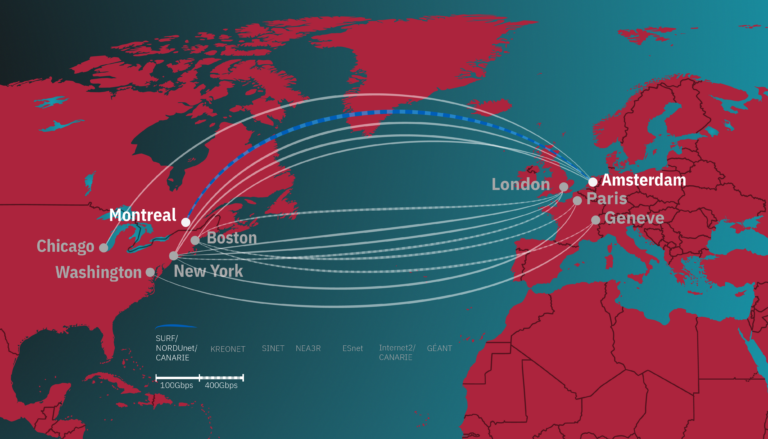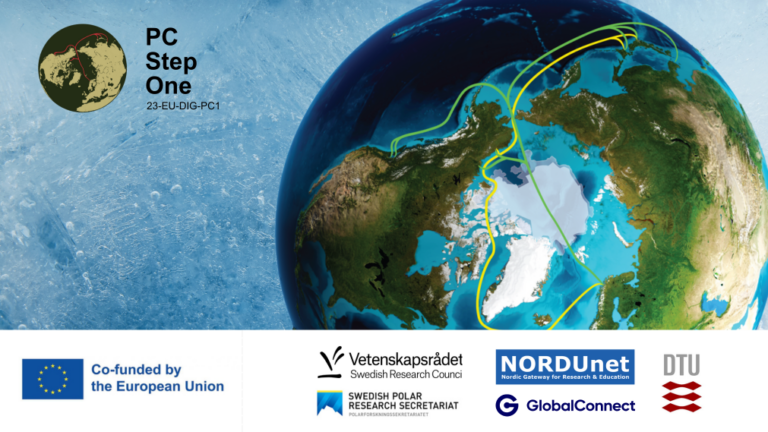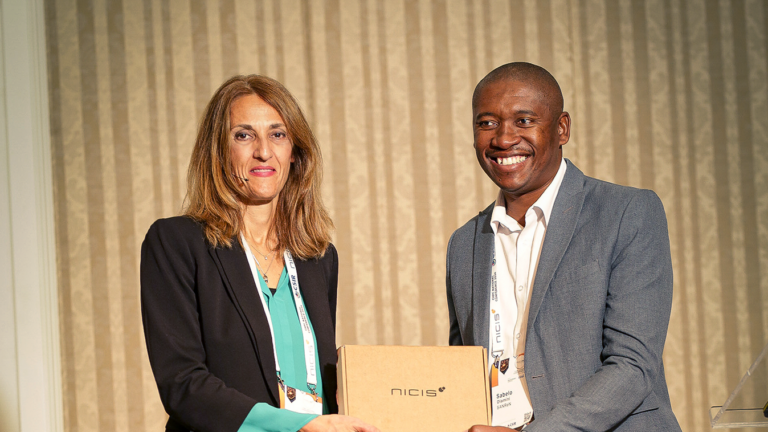Under the current geopolitical tensions, redundant internet access is in high demand. NORDUnet engages with a range of international players to maintain a safe internet.
Many people regard the internet as a given commodity, but in a tense world national research and education networks (NRENs) and regional networks like NORDUnet continuously strive to secure both physical access and cyber safety. The field is known as cyber diplomacy.
“It is not widely known, but in many countries – including the Nordic – it was the NRENs who introduced the internet. However, the profile of ownership and utilization of the internet has changed over the last three decades. The NRENs are no longer the main driver for development, but we still have a role to play. The internet cannot be left to market mechanisms alone,” says Ieva Muraškienė, Strategy and Policy Officer, NORDUnet.
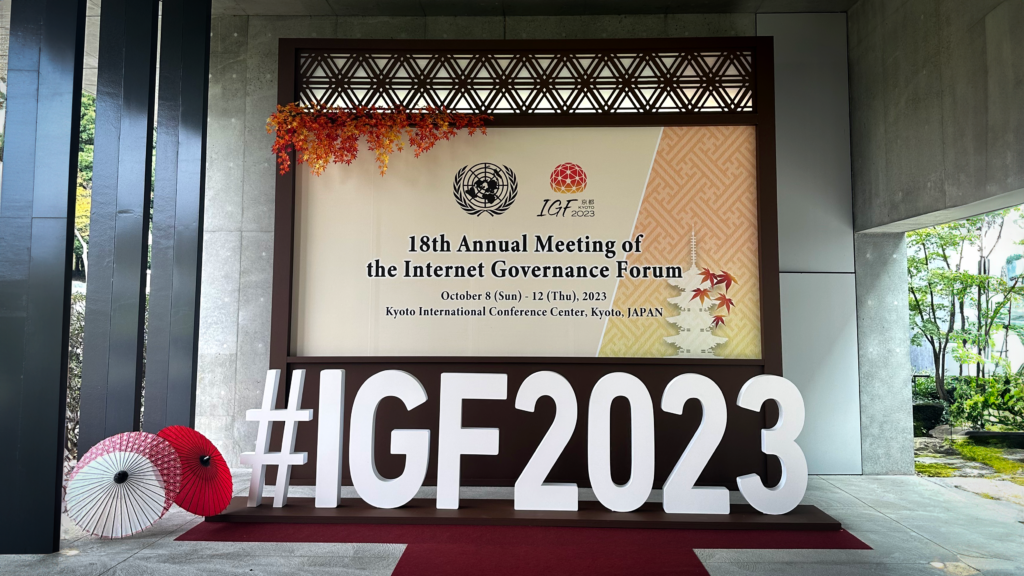
Recently took part in the 2023 version of the Internet Governance Forum (IGF) in Tokyo, Japan. The IGF is arguably the most important international event relating to the development of internet policy, with attendance from high level government officials, large tech corporations, and e-infrastructure providers.
Arctic cables will enhance redundancy
At IGF participating organizations fight for attention as they lobby for their views. Here, NORDUnet’a involvement in the Polar Connect project that aims to create one or more submarine cables across the Arctic Ocean is a very useful tool according to Ieva Muraškienė:
“Many players see that additional options for network redundancy are needed, so data can keep flowing even in the event of failure.”
Ieva Muraškienė presented the Polar Connect case during a session under the headline “How submarine cables enhance digital collaboration” at IGF. The scope of the session was to show “how submarine cables contribute to scientific advancement, economic growth, and to the sustainable development goals.”
“A conference like IGF is a great place to talk directly to government representatives and potential investors. Meeting people in real life is still the best way to build relations,” notes Ieva Muraškienė.
The Japanese connection
Since IGF was held in Tokyo, Ieva saw an opportunity to engage with representatives from the host country:
“Polar-Connect submarine cables will land in Japan. Therefore, Japan will play an essential role. Japan must be present in all phases of the project.”
During the session, Dr. Masafumi Oe of the National Astronomical Observatory of Japan (NAOJ) presented a case showing how future submarine cables will bring added value to the Japanese research and education community.
Positioning, navigation, and timing services – used by billions of people every day – depend on accurate geodetic data, such as how fast the Earth is spinning and the tilt of its axis. These data are collected from observatories around the world. The most precise technique for collection of geodetic data is Very Long Baseline Interferometry (VLBI) with NAOJ being one of the operators.
Today, VLBI data are synchronized via central hubs in Washington and Bonn. The data are transferred at certain intervals from the observatories. With better connectivity, it will be possible to obtain continuous data transfer in an eVLBI solution. This will improve the accuracy of multiple applications such as precision agriculture, weather predictions, disaster modelling, synchronizing financial transactions, and the operation of power grids.
More than physical safety
Besides the Arctic connectivity projects, the NORDUnet presentation at IGF 2023 touched upon the Gravity North vision – meaning locating large datacenters and similar infrastructure in Nordic locations with amble sustainable energy sources and access to natural cooling. Also, general sustainability was in focus.
“Repurposing equipment rather than automatically seeing older equipment as waste is definitely a trend,” says Ieva Muraškienė, adding that the IGF is not only about the physical infrastructure behind the internet:
“Many sessions were related to content. How can we avoid that the internet will cause harm in general, and especially how can we safeguard children. Many governments have begun to take these issues very seriously. This is highly positive. Still, it is important that NRENs stay engaged, contributing with expertise and advice.”

